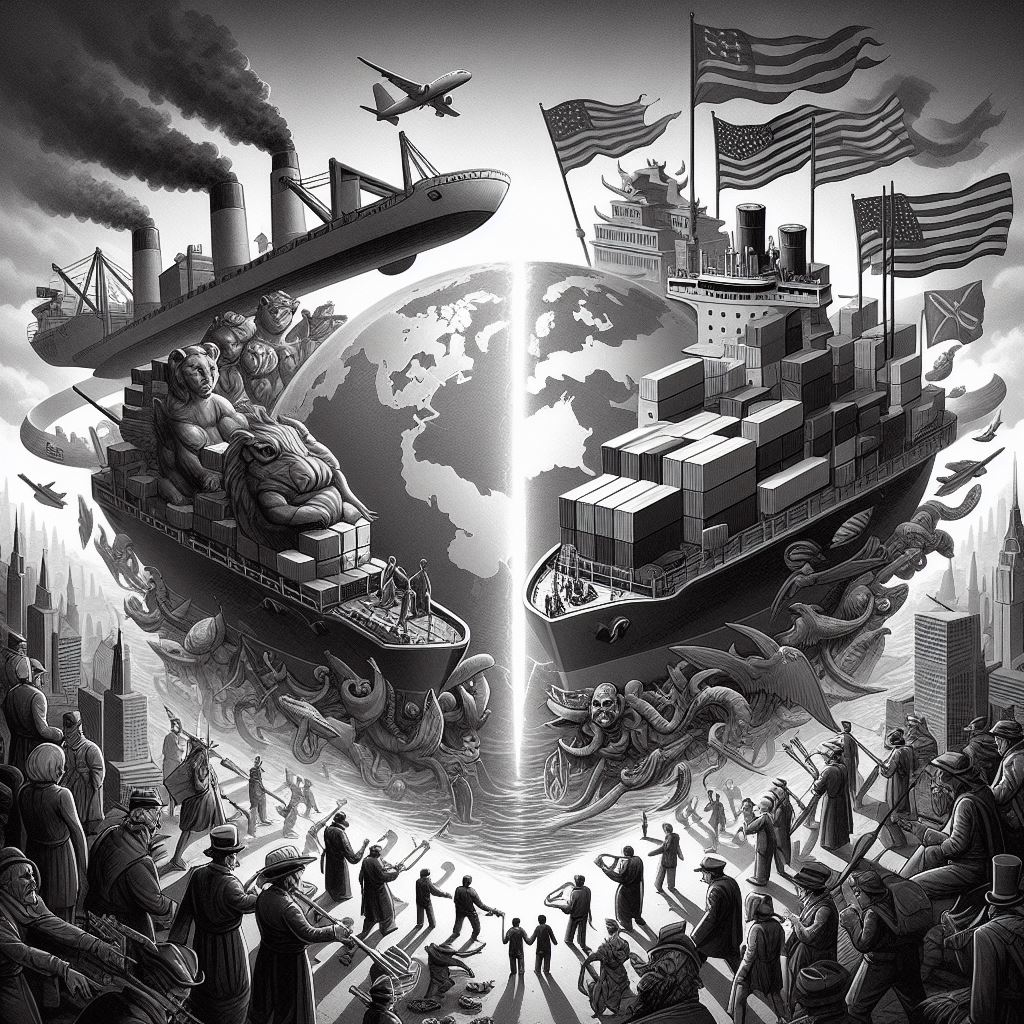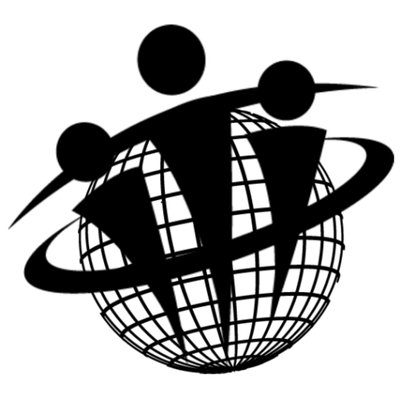
Steering The Complex Terrain for a Globalized World
In an era characterized by interconnected economies and unprecedented access to global markets, the debate surrounding international trade versus protectionist policies extends beyond conventional considerations of supply costs and national security. While these elements undoubtedly play a crucial role in shaping economic strategies, it is equally imperative to analyze the impact of these policies on diversity, inclusion, cross-cultural dialogue, and ultimately, global peace. This article explores the multifaceted dimensions of international trade and protectionism, delving into the pros and cons of each from a holistic perspective.
Pros of International Trade:
Economic Growth and Prosperity:
- International trade fosters economic growth by providing nations with access to a wider market for their goods and services.
- Increased export opportunities can lead to higher production, job creation, and enhanced prosperity for nations engaged in international trade.
Diversity and Cultural Exchange:
- International trade facilitates the exchange of goods, ideas, and cultural practices, fostering diversity and enriching societies.
- Exposure to diverse products and cultural elements encourages tolerance, understanding, and appreciation for different ways of life.
Innovation and Technology Transfer:
- Cross-border trade often leads to the exchange of technological advancements and innovative practices.
- Nations can benefit from the expertise and knowledge of trading partners, accelerating their own technological development.
Resource Optimization:
- International trade allows nations to specialize in the production of goods and services where they have a comparative advantage.
- This specialization leads to resource optimization and increased efficiency in the allocation of resources.
Cons of International Trade:
Income Inequality:
- Despite overall economic growth, international trade can exacerbate income inequality within nations.
- Industries facing stiff international competition may experience job losses and wage stagnation, disproportionately affecting certain segments of the population.
Dependency on Global Markets:
- Nations heavily reliant on international trade may face vulnerabilities, especially during global economic downturns.
- Economic shocks in one part of the world can have cascading effects, impacting economies interconnected through trade.
Environmental Concerns:
- The emphasis on global supply chains can contribute to environmental degradation due to increased transportation and resource extraction.
- Striking a balance between economic growth and sustainable practices becomes imperative.
Pros of Protectionist Policies:
National Security and Self-Sufficiency:
- Protectionist policies are often implemented to safeguard national security by reducing dependence on other countries for essential goods.
- Ensuring self-sufficiency in critical industries becomes a priority for nations adopting protectionist measures.
Job Preservation:
- Protectionist policies, such as tariffs and quotas, aim to protect domestic industries from foreign competition, thereby preserving jobs.
- This approach can be especially appealing during economic downturns when job retention is crucial.
Cultural Preservation:
- Protectionism can be seen as a means to preserve and promote indigenous cultures and traditions.
- By protecting domestic industries, nations may safeguard cultural heritage and prevent the homogenization of global markets.
Cons of Protectionist Policies:
Reduced Economic Efficiency:
- Protectionist measures often lead to decreased economic efficiency by shielding industries from global competition.
- Inefficient industries may persist, hindering overall economic productivity.
Higher Consumer Prices:
- Protectionist policies, such as tariffs, can result in higher prices for imported goods, impacting consumers.
- Increased costs can lead to reduced purchasing power and hinder access to a diverse range of products.
Stifling Innovation:
- Protectionism may discourage innovation by insulating domestic industries from global competition.
- The lack of competitive pressure could impede technological progress and hinder overall economic dynamism.
Beyond Economics: Diversity, Inclusion, and Global Peace:
Cultural Understanding and Inclusion:
- International trade fosters cultural understanding as people are exposed to a variety of products and customs.
- A diverse marketplace encourages inclusivity and promotes the celebration of differences.
Cross-Cultural Dialogue and Diplomacy:
- Trade interactions serve as a platform for cross-cultural dialogue, paving the way for diplomatic relations between nations.
- Economic ties can act as a stabilizing force, fostering peaceful relations and mitigating the potential for conflict.
Educational and Employment Opportunities:
- International trade creates educational and employment opportunities as individuals gain exposure to a global marketplace.
- The exchange of talent and expertise contributes to a more interconnected and harmonious world.
Mitigating Prejudice and Xenophobia:
- Exposure to diverse products and cultural elements reduces prejudice and xenophobia by breaking down stereotypes and fostering mutual respect.
- Economic collaboration can serve as a powerful tool for dismantling barriers and building bridges between nations.
In the dynamic landscape of international relations, the choice between international trade and protectionist policies is complex and nuanced. While economic considerations such as supply cost and national security are pivotal, it is crucial to recognize the broader impact on diversity, inclusion, cross-cultural dialogue, and global peace. Striking a balance between open markets and protective measures that address societal needs is key to navigating the challenges and opportunities of a globalized world. As we move forward, the imperative lies in crafting policies that not only foster economic prosperity but also contribute to a world characterized by understanding, cooperation, and shared cultural richness.
- #TradeDebate: Navigating the Pros and Cons of Global Economic Strategies 🌐✨
- #DiversityInTrade: Exploring the Impact on Cultural Exchange and Global Peace 🌍🤝
- #EconomicBalance: Assessing the Holistic Landscape of International Trade Policies 📈🤔
- #BeyondEconomics: The Unseen Impacts of Trade and Protectionism on Inclusion and Dialogue 🌎💬
🌐 Unlocking Global Opportunities with Development350.com! 🚀
- Dive into the world of international trade excellence with Development350.com! 🌍✨
- 🔍 Did you know? Our experts at Development350.com are navigating the complexities of global markets, opening doors to limitless possibilities for businesses like yours! 💼💡
- 🌐 Explore Tailored Solutions: From market entry strategies to supply chain optimization, Development350.com is your guide to seamless international trade success.
- 💬 Ready for a Consultation? Our team at Development350.com is here to answer your burning questions and tailor strategies that propel your business onto the global stage! 🚀🌎
- 📈 Success Stories: Discover how businesses, just like yours, have soared to new heights with the expertise and insights provided by Development350.com. Realize your potential today!
- 📚 Knowledge Hub: Stay ahead of the international trade curve! Visit our blog on Development350.com for the latest industry trends, updates, and invaluable tips.
- 🚀 Ready to Elevate Your Business? Click the link below to embark on a journey toward international trade success with Development350.com!
